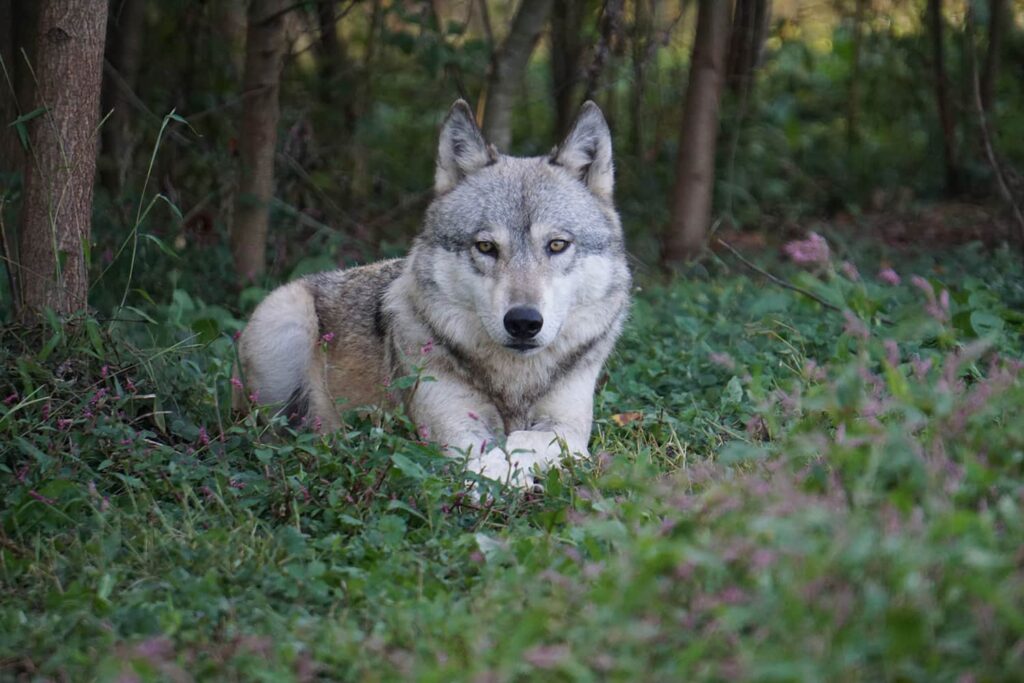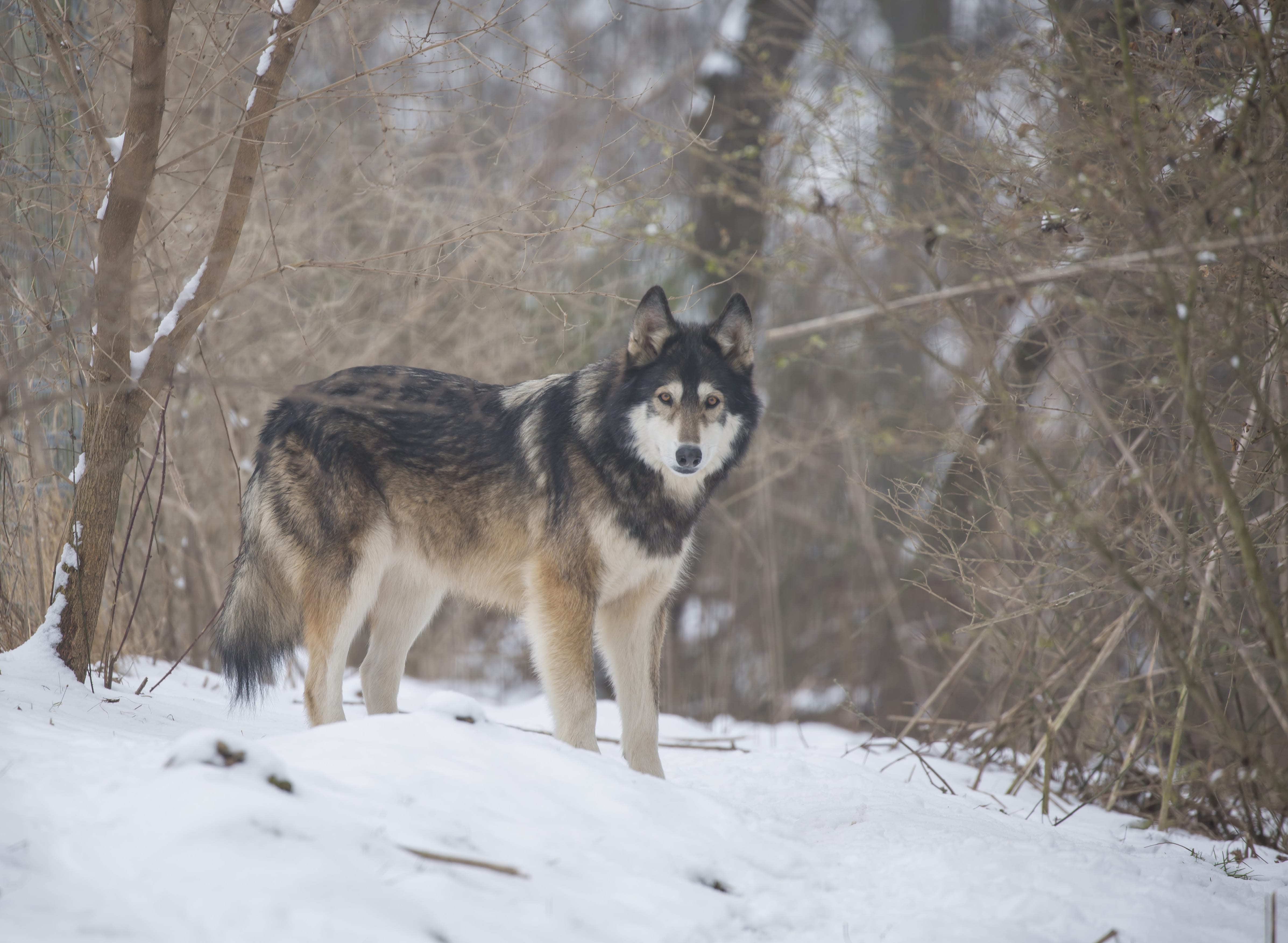Blog, Sanctuary News, Wolf Education
Are Wolves an Endangered Species? Why our slogan is “Extinct is Forever”
Gray wolves in North America have faced many challenges with human populations. In the early 1900’s in North America, they were driven to near extinction due to habitat destruction and over-hunting. It took many decades, but over the course of the century following their extirpation (local extinction), perspectives about wolves slowly began to change. In 1978, after three quarters of a century, wolves were finally given federal protections under the Endangered Species Act and in 1995, they were reintroduced to Yellowstone National Park and once again began to repopulate the Great Plains Region in the Northwest US.

When wolves were reintroduced to Yellowstone, researchers were astounded at how the ecosystem responded to their presence. Species that had been declining or gone from the area had begun to return. However, wolves had been gone for nearly a century and the lasting effects were not wholly resolved by simply restoring their presence. Removing an apex predator from an ecosystem has lasting consequences. Returning them to the environment was vital to beginning to repair the damage, but there is still much research needed and work to be done in order to help fix what had been broken and abandoned for many decades.
In addition, despite their recovery, wolves themselves still face many challenges in the wild today. There is still a great deal of hatred towards wolves stemming from centuries of misinformation and propaganda, especially in some of our most beloved fairytales. The “Big Bad Wolf” remains a symbol of fear even in our modern culture today and this sentiment drives anti-wolf legislation. In states where wolves have recovered, they are once again hunted causing their populations to fluctuate. Hunting not only decreases their numbers, but can also severely impact the survivability of the pack itself if, for example, one or both of the breeding pair are killed leaving their offspring without primary caregivers.
The term “extinct” by it’s very nature implies forever – global extinction of a species does not leave room for a comeback. However, this term can also be used in a broader sense in reference to the long term effects of extirpation, or local extinction, of a species in a specific region or area. Gray wolves were eliminated from the continental United States, and though they have returned in some areas, the effects of their century-long absence has had lasting consequences for entire ecosystems. Also, though they have returned to states in the Great Lakes Region and in the Northwest they have not and likely will never return to other areas of the country, including Pennsylvania and the East Coast, where they once also thrived. Though they may not be globally “extinct”, the nature of their systematic removal has lasting effects that could go on forever.

When Wolf Sanctuary of PA was founded in 1980, wolves had not yet made a comeback. They had just been placed on the Endangered Species list and it would be over a decade before their reintroduction to Yellowstone National Park. The sanctuary’s primary mission has always been to help wolves and wolfdogs in need of a home, but our secondary mission has always been to help people understand wolves better – to educate the public through guided tours about their true nature and the importance of their conservation as a species. Our slogan “Extinct is Forever” arose out of a time when wolves were locally extinct and here in Pennsylvania they may forever remain so. But more than that, this slogan embodies the notion that an extinction or even extirpation event has lasting consequences, even if there are people fighting to bring the species back, and even if they succeed as was the case with wolves. The ecosystem has a balance that we must work hard to maintain. Conservation requires long-term work, work that must continue beyond the successful return of one species, work that must move forward into the future and seek the preservation of all species. Because extinct is forever, we must work hard to prevent it from happening to any species, and to try to conserve the precious ecosystems that we rely on to survive.

